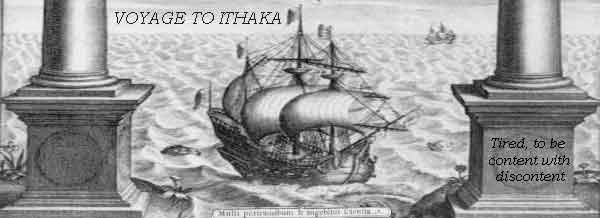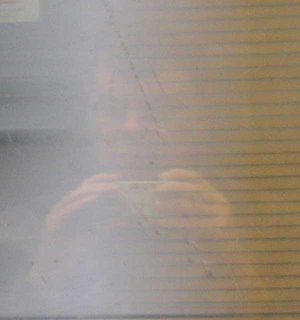Neruda songs
Amor mío, si muero y tú no mueres,
amor mío, si mueres y no muero,
no demos al dolor más territorio:
no hay extensión como la que vivimos.
Polvo en el trigo, arena en las arenas
el tiempo, el agua errante, el viento vago
nos llevó como grano navegante.
Pudimos no encontrarnos en el tiempo.
Esta pradera en que nos encontramos,
oh pequeño infinito! devolvemos.
Pero este amor, amor, no ha terminado,
y así como no tuvo nacimiento
no tiene muerte, es como un largo río,
sólo cambia de tierras y de labios.
"I am so grateful for Neruda's beautiful poetry, for although these poems were written to another, when I set them I was speaking directly to my own beloved, Lorraine." (Peter Lieberson)
In the Purcell tercentenary year 1995 I heard Lorraine Hunt in The Fairy Queen: I remember the conductor Roger Norrington stopping the open rehearsal and making her repeat an aria just to hear again the sheer beauty of her singing. Her recordings of Bach and, especially, of arias from Handel's Theodora are amongst the most moving of all.
She and the composer Peter Lieberson met and fell in love in 1997. He wrote for her settings of five Neruda sonnets in 2005, and she recorded them a few months before her death, after a long illness.
Knowing of these circumstances, I find the setting of the sonnet above almost unbearable to listen to.







